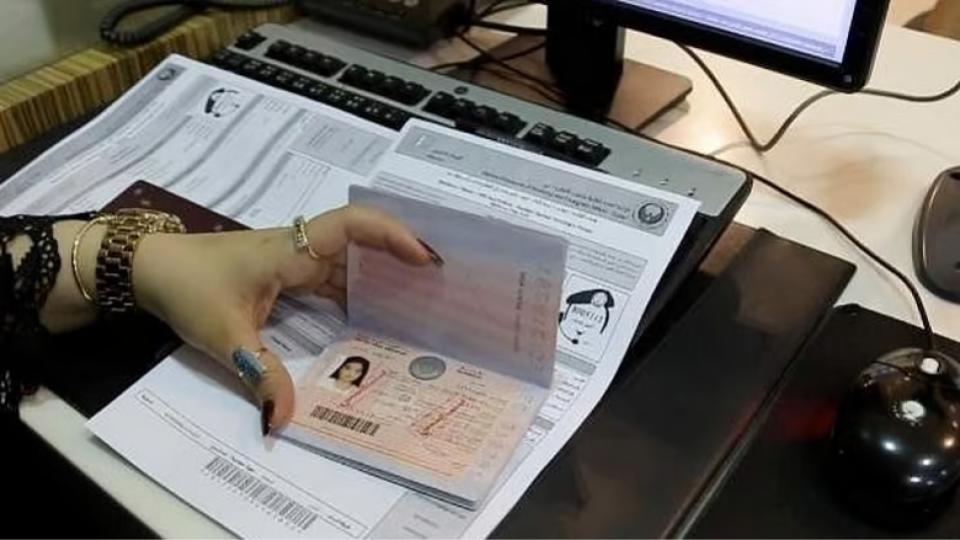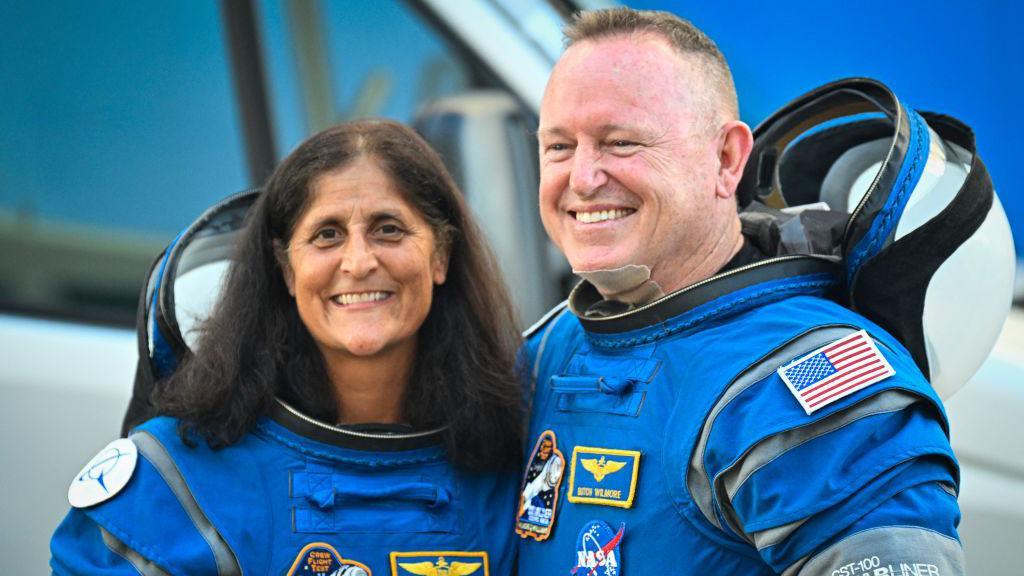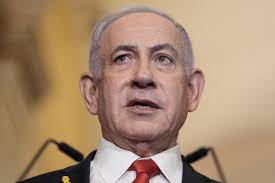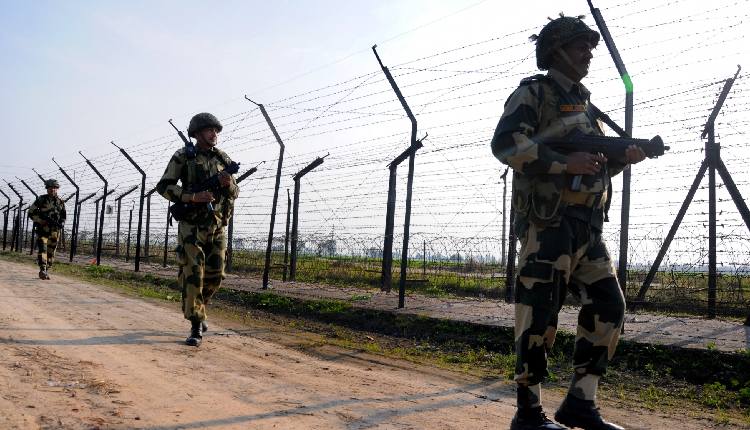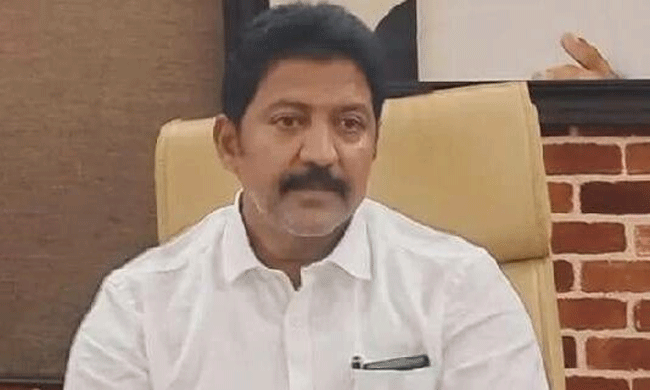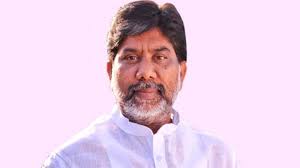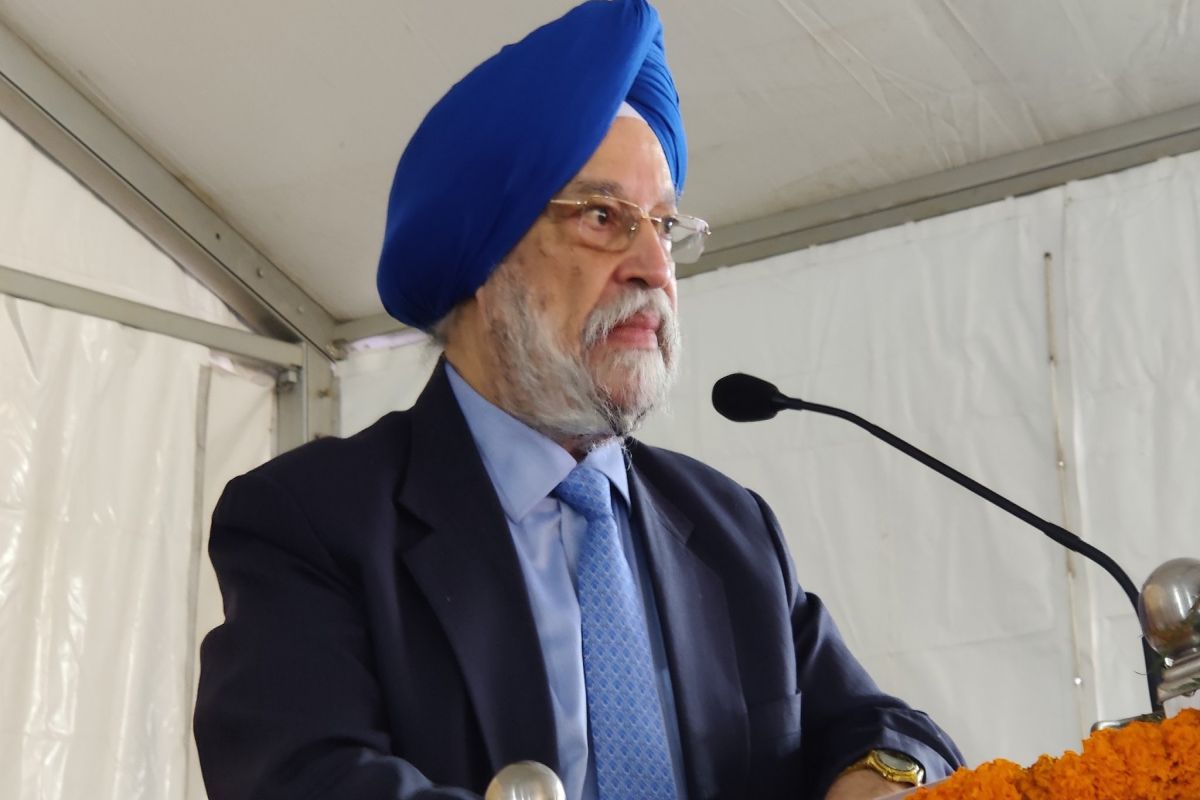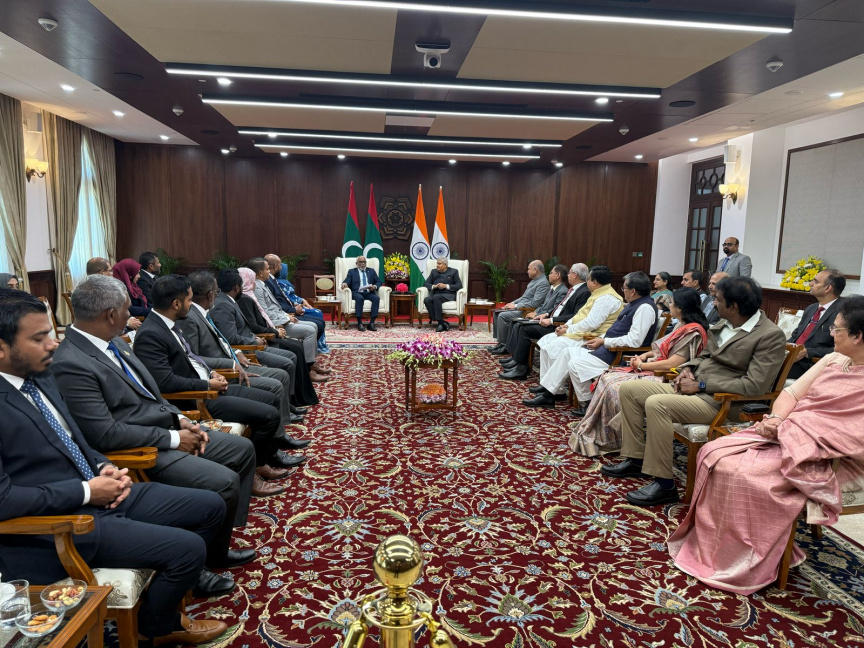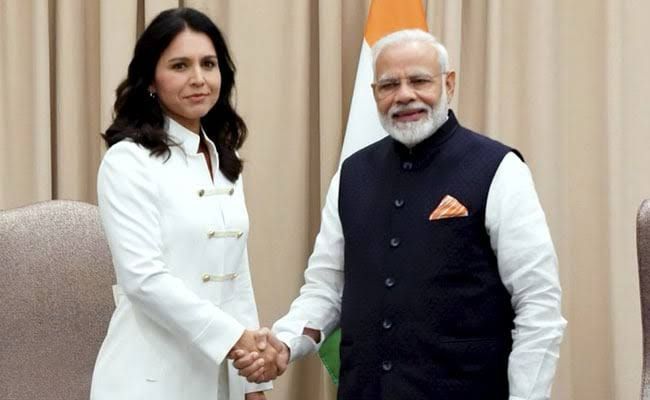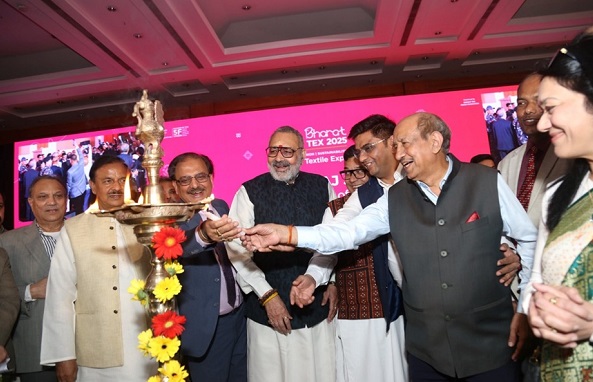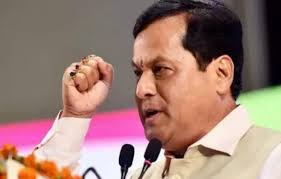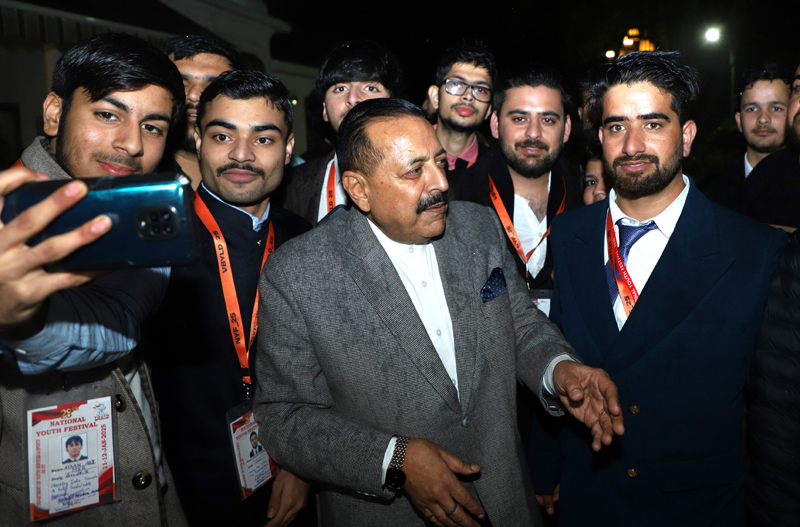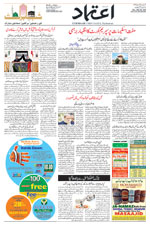EXCLUSIVE: US plans to host GCC summit in October
Tue 31 Jul 2018, 15:21:42
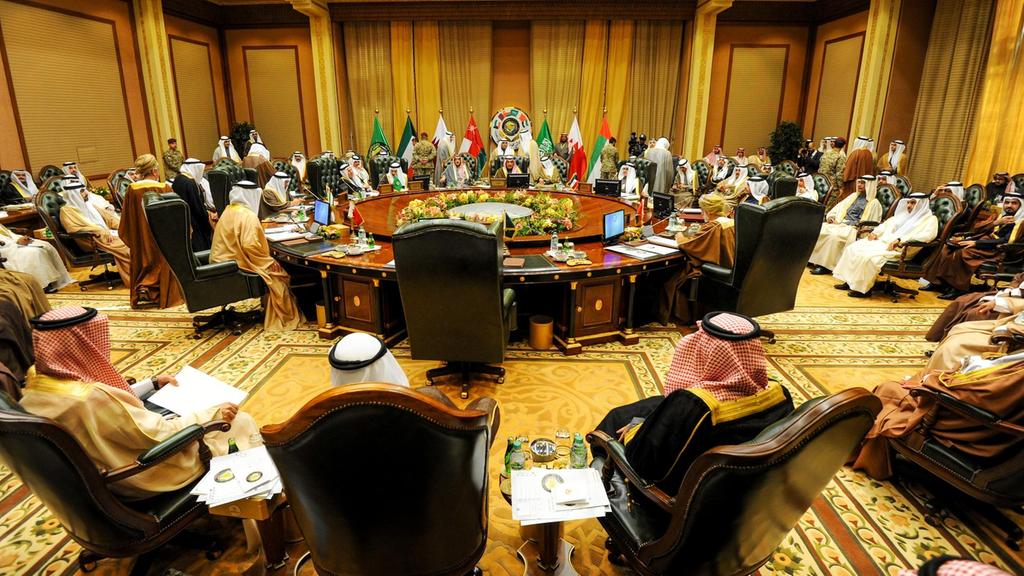
The United States plans to host a summit for the Gulf Co-operation Council and plans are in place to hold the meeting in mid October.
High level sources told The National that the summit would include all GCC members, as well as Egypt and Jordan.
The agenda being discussed is primarily focused on security co-operation including maritime navigation and ballistic missile threats, counter-aggression work mainly related to Iran and efforts to counter extremism.
Abdel Aziz Aluwaisheg, the GCC's Assistant Secretary-General for Political and Negotiation Affairs, told reporters in Washington on Friday: "The timing of the summit and the agenda are still being discussed but the idea of the summit is alive and well."
Mr Aluwaisheg said the emphasis was on "preparatory work and meetings of the working groups" from the GCC and the US.
Officials "would meet over the next few weeks to generate the momentum and [to discuss] reasonable outcomes for the summit".
If such discussions were productive then the summit will most likely happen, he said, but if they were not "then there is nothing to discuss".
The Reuters news agency reported that the US government was pushing ahead with efforts to create to create a new security and political alliance with the Gulf states.
The White House wants to see more co-operation between the countries on missile defence, military training, counter-terrorism and other issues such as strengthening regional economic and diplomatic ties, four sources said.
The plan to forge what officials in the White House and Middle East have called an "Arab Nato" will be likely to raise tensions between the United States and Iran, two countries increasingly at odds since Donald Trump took office as US
president in January 2017.
president in January 2017.
The US's hope is that the effort, tentatively known as the Middle East Strategic Alliance (Mesa), might be discussed at the summit, several sources said.
The White House confirmed it was working on the concept of the alliance with "our regional partners now and have been for several months".
"Mesa will serve as a bulwark against Iranian aggression, terrorism, extremism, and will bring stability to the Middle East," an official for the White House's National Security Council said.
Initially, the US was hoping to convene the meeting at Camp David in May, but scheduling problems and the US president's focus on North Korea forced a change in plans.
Similar initiatives by earlier US administrations to develop a more formal alliance with Gulf and Arab allies have failed.
It is unclear how the alliance could counter Tehran, but the US and its Gulf allies have joint interests in the conflicts in Yemen and Syria as well as defending shipping lanes through which much of the world's oil supplies are shipped.
Washington, Riyadh and Abu Dhabi accuse Iran of destabilsing the region, fomenting unrest in some Arab countries through proxy groups.
The Qatar crisis, however, will not be part of the October meeting's agenda, two high level sources told The National. They said that Washington sees the crisis is an inter-GCC dispute where Kuwait leads mediation.
Asked by The National about the Qatar crisis and the summit's agenda, Mr Aluwaisheg said: "In the GCC meeting of December 2017 there was an agreement to keep the mediation in a separate parallel track led by the Emir of Kuwait and that would continue to be the case."
Everything else, the GCC official said, is "business as usual and runs on a separate track".
No Comments For This Post, Be first to write a Comment.
Most viewed from International
Most viewed from World
AIMIM News
Delhi Assembly polls: Owaisi leads Padyatra in Okhla
Feb 01, 2025
We reject this Waqf Amendment Bill: Asaduddin Owaisi
Jan 30, 2025
Latest Urdu News
Most Viewed
May 26, 2020
Which team will win the ICC Men's Champions Trophy 2025 held in Pakistan/Dubai?
Latest Videos View All
Like Us
Home
About Us
Advertise With Us
All Polls
Epaper Archives
Privacy Policy
Contact Us
Download Etemaad App
© 2025 Etemaad Daily News, All Rights Reserved.

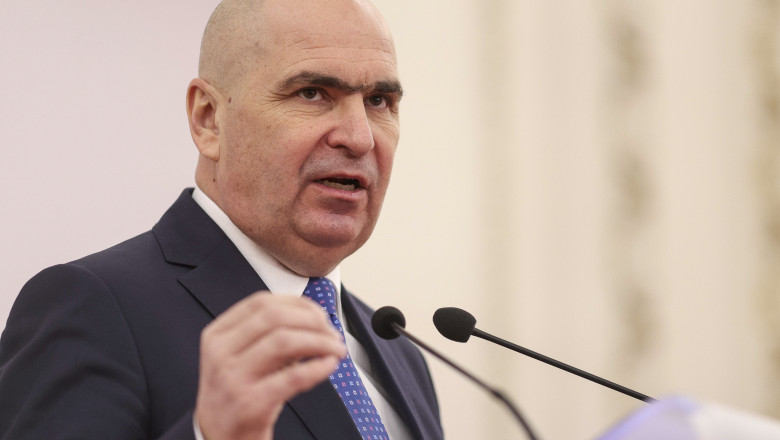
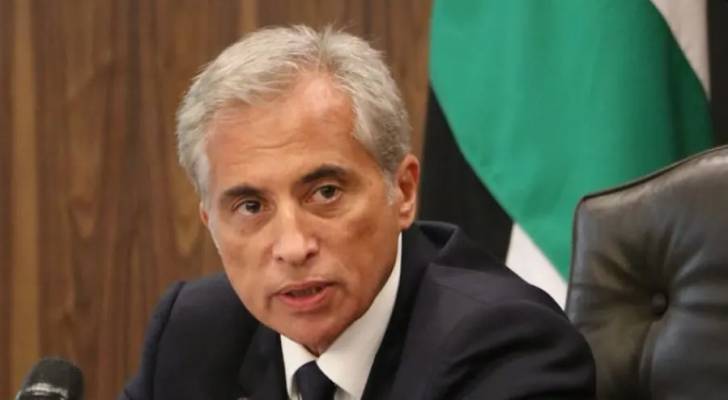
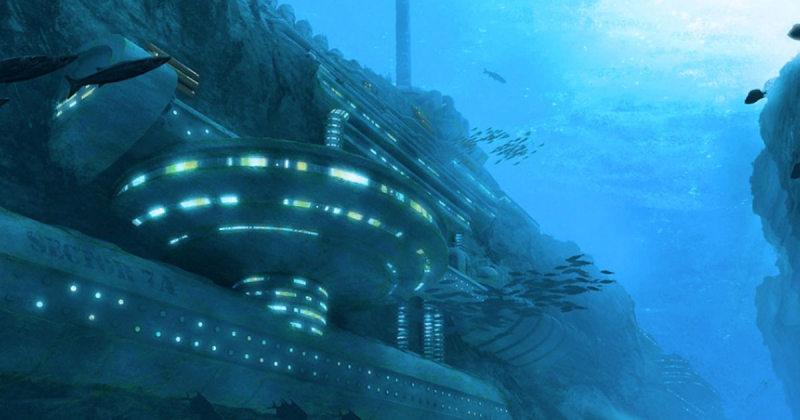
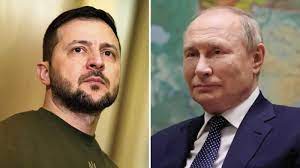
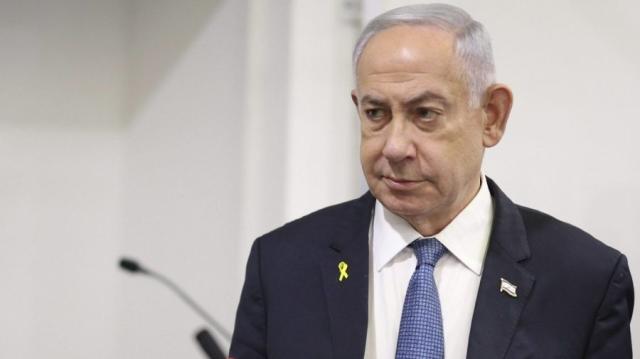
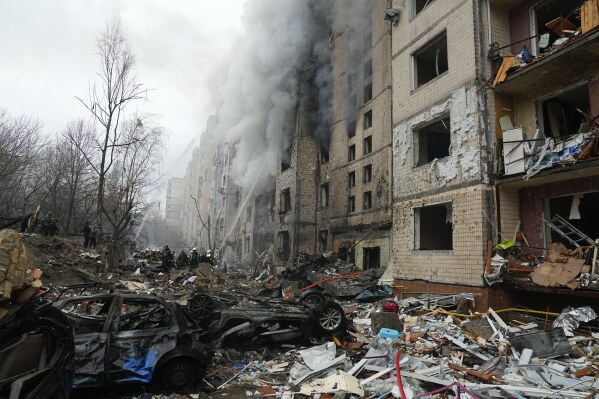
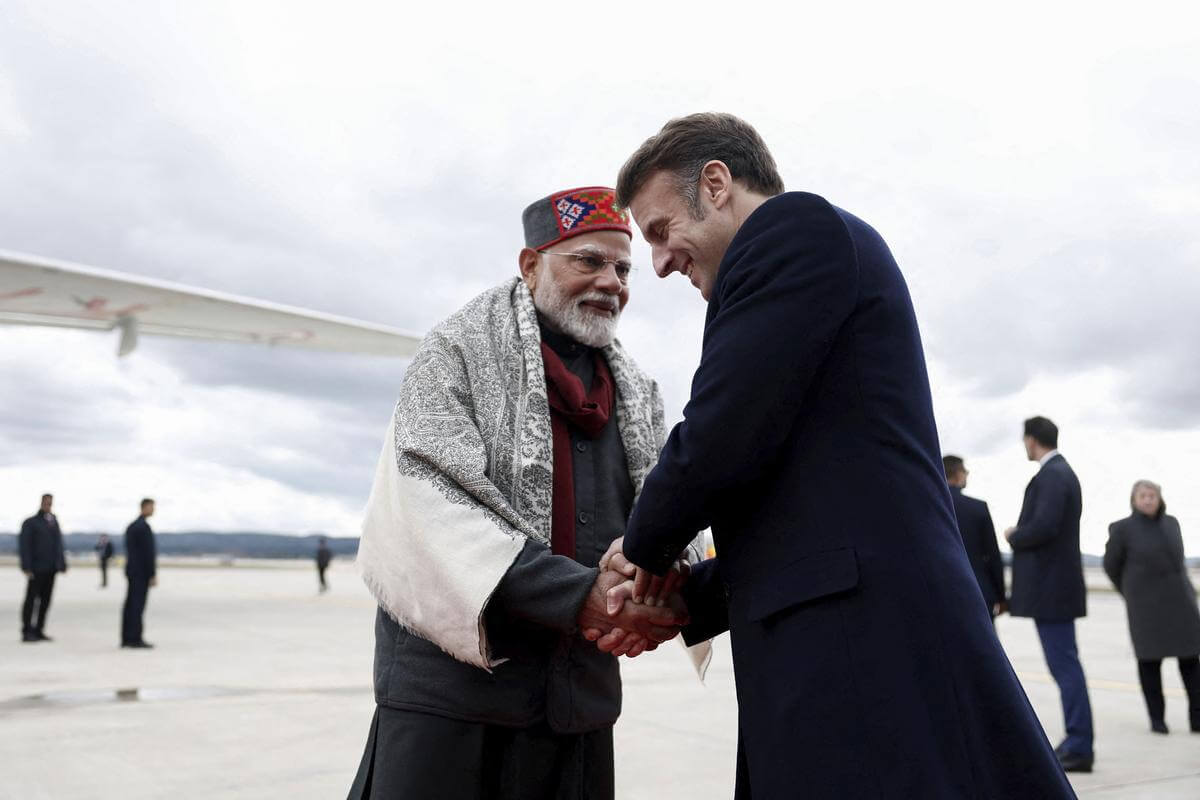
.jpg)
